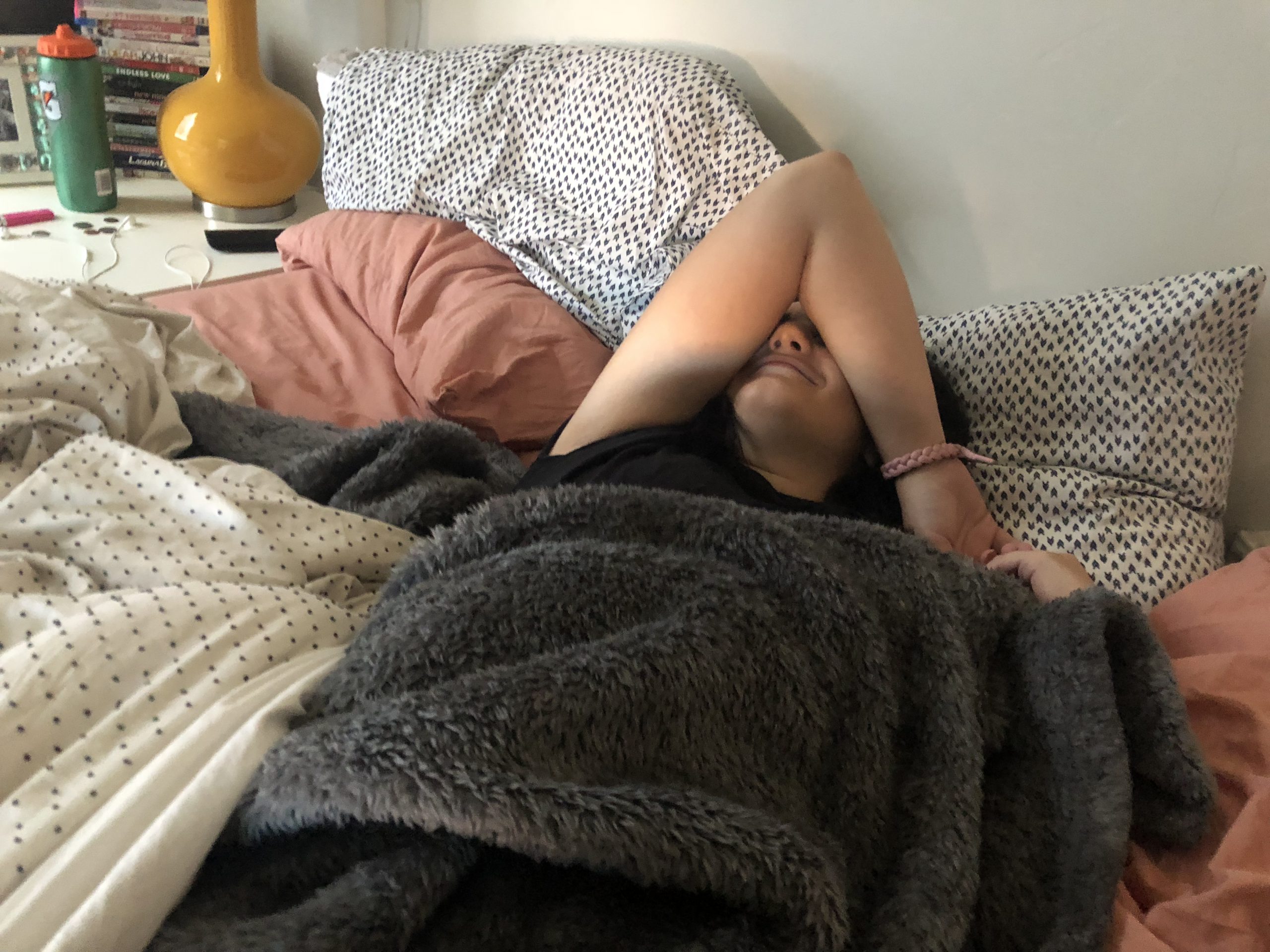We all think we can handle it. We woke up this early in high school, why can’t we do it in college?
We select the course, and prepare ourselves for a semester full of waking up early, skipping breakfasts, and emailing our professors the dreaded, “I’m so sorry I couldn’t make it to class today, there was a family emergency!” alert. We’ve all been there; the 8 a.m. class.
If you go to bed early and enjoy waking up early, then 8 a.m. classes may be suitable for you. However, for the average college student, waking up early is as miserable as it is mentally and physically damaging.
In an article published on helpguide.org, the average 18 to 22-year-old needs, ideally, eight hours of sleep each night to function healthily throughout the day. Assuming the average college student wakes up around an hour before needing to leave for class, this would allow a student to get a full night’s sleep if they fell asleep at or earlier than 10 a.m.
While simple on paper, how many people do you know actually fall asleep that early? According to a study published by psychology professor Kelsey Broadwell, the average college student goes to bed at around 12:20 a.m. This is far from ideal in correspondence to the recommended eight hours.
But what exactly does a lack of sleep do to a young adult’s mental and physical capabilities? It’s only a few hours off each night, right? Surely it doesn’t have that large of an impact. Well let me tell you, it adds up quickly.
On five hours of sleep a night, the immune system begins to weaken. In a study performed by Dr. Sina Garib, it was proven that consistent lack of sleep shuts down programs in the body responsible for circulating white blood cells.
Beyond lowered immune systems, a lack of sleep can lead to increased weight gain through the deregulation of appetite and stomach function.
Physical threats to well-being aside, a lack of sleep can contribute to countless mental health difficulties. According to an article published on psycom.net, “Sleep deprivation weakens the prefrontal cortex’s (reasoning) ability to control amygdala (emotions).” This makes it difficult to cope and deal with once-common emotions. Poor sleep can also play a part in both short and long-term memory loss.
That’s not to say every student that takes an 8 a.m. class will experience these symptoms; these are long-term effects that have potential to come about with continued neglect of regular sleep patterns. That being said, the concerns are still very real.
8 a.m. classes negatively affect professors as well. Classes that start at 8 a.m. or earlier have notoriously lower attendance rates and grades than the exact same class started at a later time in the day. This creates a negative image for the professors stuck teaching them.
Let’s look at the effects later classes have on students. In 2008, Clemson University held an experiment on their twelve thousand students. The experiment shifted all classes one hour later in the day. The results? A .024 increase in grade point average at the university.
Of course, it could be argued that students just need to get to sleep earlier. And I 100 percent agree. Yes, I believe students should go to sleep earlier and get the full eight hours without needing to sacrifice earlier classes.
However, it’s just not realistic. The odds of college students going to bed at a reasonable hour every night and waking up on time are slim to none. So I suggest the alternative: instead of trying to force yourself to go to bed and wake up early, just opt for the later class. It’s truly the healthier option.



